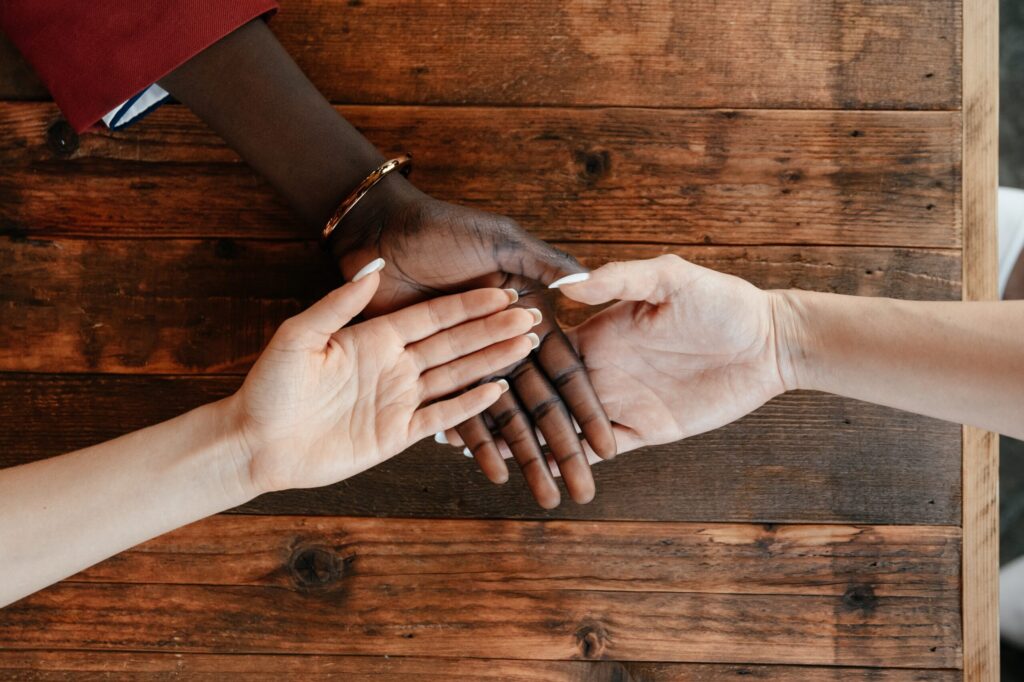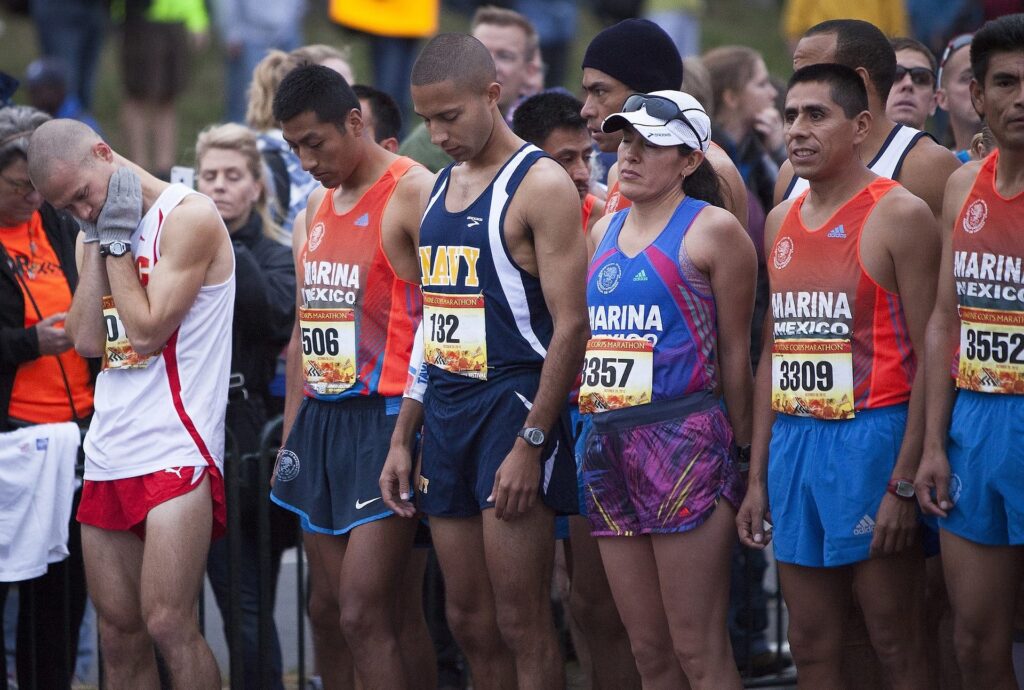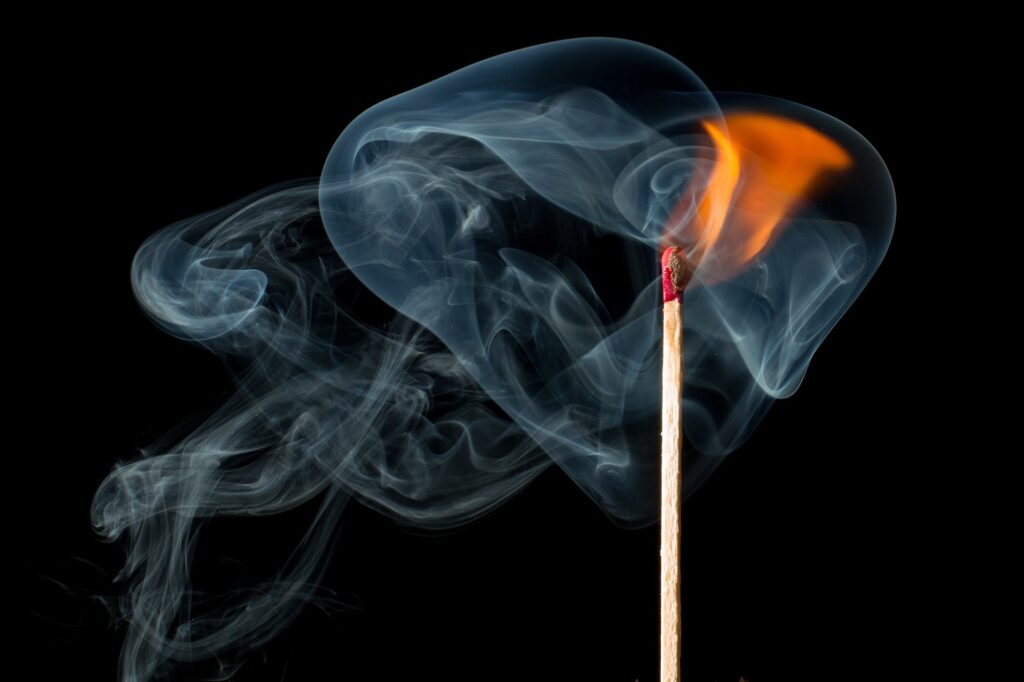Share Your Struggles to Get Through Your Blocks

The path to mastery is as little as 25% technical, and 75% psychological. Not to diminish what it takes to learn and apply a martial art physically, but I have met very few students that I didn’t feel were physically capable, with sufficient practice, of mastering their arts.
The real barriers to long-term mastery are inside. It is perhaps only through dumb luck and chance that I’ve managed to stay with swordplay as long as I have without quitting. I considered giving up many times. I’ve been frustrated with my progress to the point of tears, felt completely demoralized at my performance in a tournament, felt like I wasn’t learning or couldn’t learn at all, and felt like I hate an art I truly love.
To Be Expected
That’s part of the journey. In fact, it is the most compelling part of the journey. Through this pursuit we have an opportunity to confront all of our own demons, challenges, and baggage about learning, growth, and our own abilities. What a brilliant and exciting vehicle we have for encountering these kinds of frustrations and eventually working through them! In this way, studying an art can truly have a positive impact on your entire life.
We’re on this Journey Together
I’m writing this to let you know that you’re not alone in your frustration—no matter what your pursuit. Everyone feels blocked and stuck and downright fed up. These barriers are not insurmountable. I have conquered them, as have many others. The important thing to know is that the world’s masters, regardless of their field of study, didn’t get where they are today on their own… and you shouldn’t expect to do it by yourself, either.
We each have learning, experience, and support to offer one another. When you’re stuck, share that with the coaches, teachers, peers, and study partners in your life. Sure, you might feel vulnerable sharing that information with others.
Unfortunately our society frequently reveres stories of the solitary practitioner striving to overcome the odds. This myth of the lone achiever tells us that if you can’t manage something without help, then you’re not meant to do it. Or, that the only success you should be proud of is the one that is wrought solely from your solitary efforts.
That’s BS.
We all Benefit from this Exchange
No top performer—again, this applies to any field of movement or intellect—has done it alone. Pick a top athlete or academic, someone you admire. I promise you that there are incredible unseen teams of people behind them. And if you’re in a school, are part of a group of friends, or have access to the internet, then you have people and resources you can leverage around you, too. Reaching out takes courage, and courage is a good thing to call on in times like these.
Sometimes what you need to help you get through your own barriers is to help someone else through theirs. Simply sharing your challenge with someone else may be enough to start giving you an insight into how you might solve it. Sharing your struggles is an incredible act of bravery and leadership that has a positive impact on everyone around you. It opens up the conversation, gets people sharing insights they might not otherwise share, and often moves everyone’s learning forward.
One of the best things you can do for your team, your school, and your partners is to ask them for help. And it’s certainly the best thing you can do for your own practice.
Devon



“When you’re stuck, share that with the coaches, teachers, peers, and study partners in your life.” It’s important to note that martial art is both an individual and community exercise. Without the individual, the community cannot have diversity as each individual is a special case; however, without the community, the individual is isolated.
The best instructors are ones that can see the inside through the outside. I was fencing my instructor through French foil in my 10th class, and I was nervous (I’d fenced before with Italian rapier). It got the point where I wasn’t doing anything with my engagements except engaging. My instructor noticed this and took me aside to talk to me about it.
“I know what it’s like to be over-analytical. It helped you in the real world, outside of this salle. Of course, you will need to overcome yourself else you will lose time.
“Just keep fencing. You gain more confident.”
At the moment after he said that, I knew that fencing was going to be personal. At that moment, I also knew that my instructor is top-notch.
Henry, I think you touch on something very important here: that martial arts are inherently very personal. Their practice and one’s growth are on a certain level always solitary practices. It is that highly personal and internal journey that makes it very easy for us to forget the resources around us. There is quite a difference between being solitary and being alone.
I enjoy your comments, thanks for sharing them.